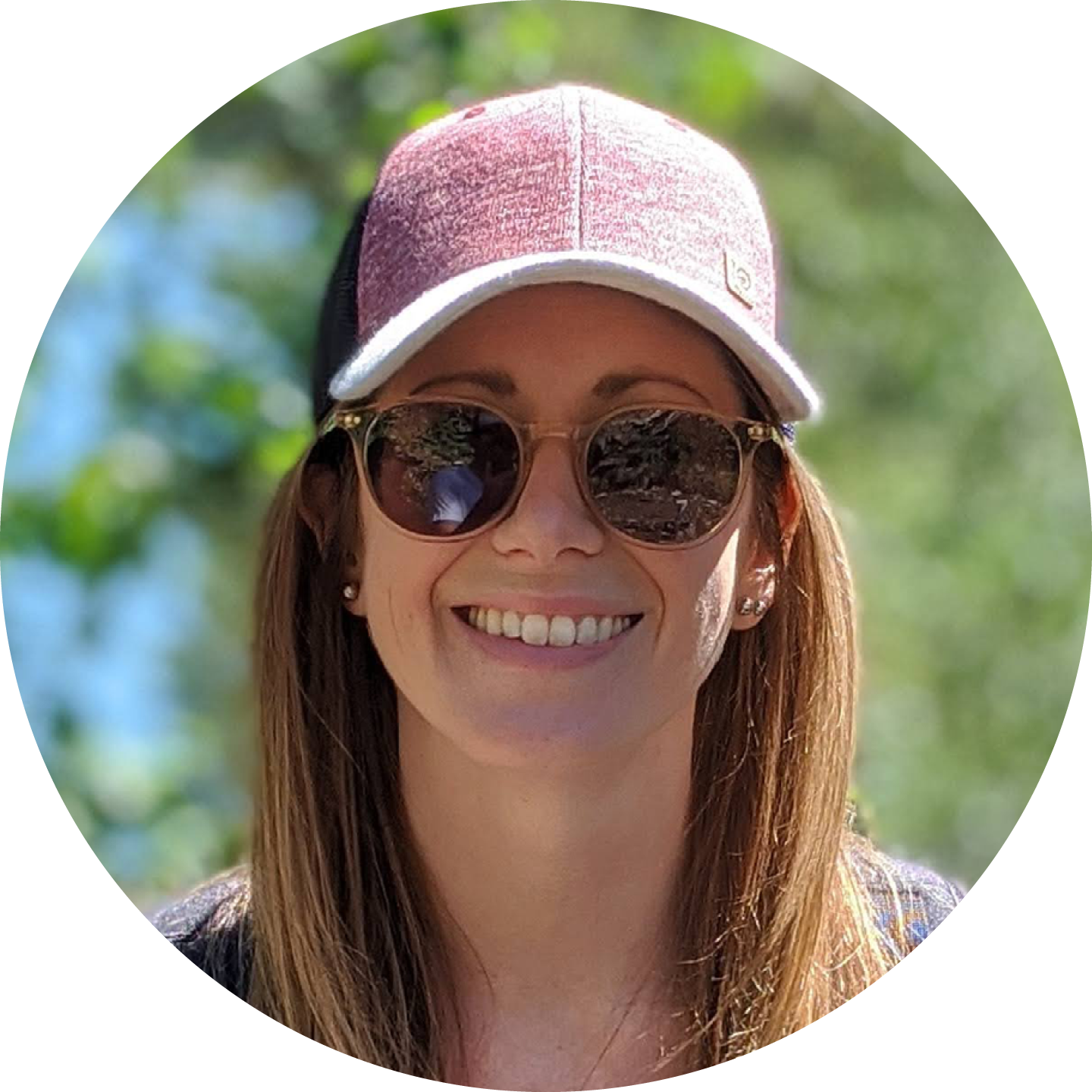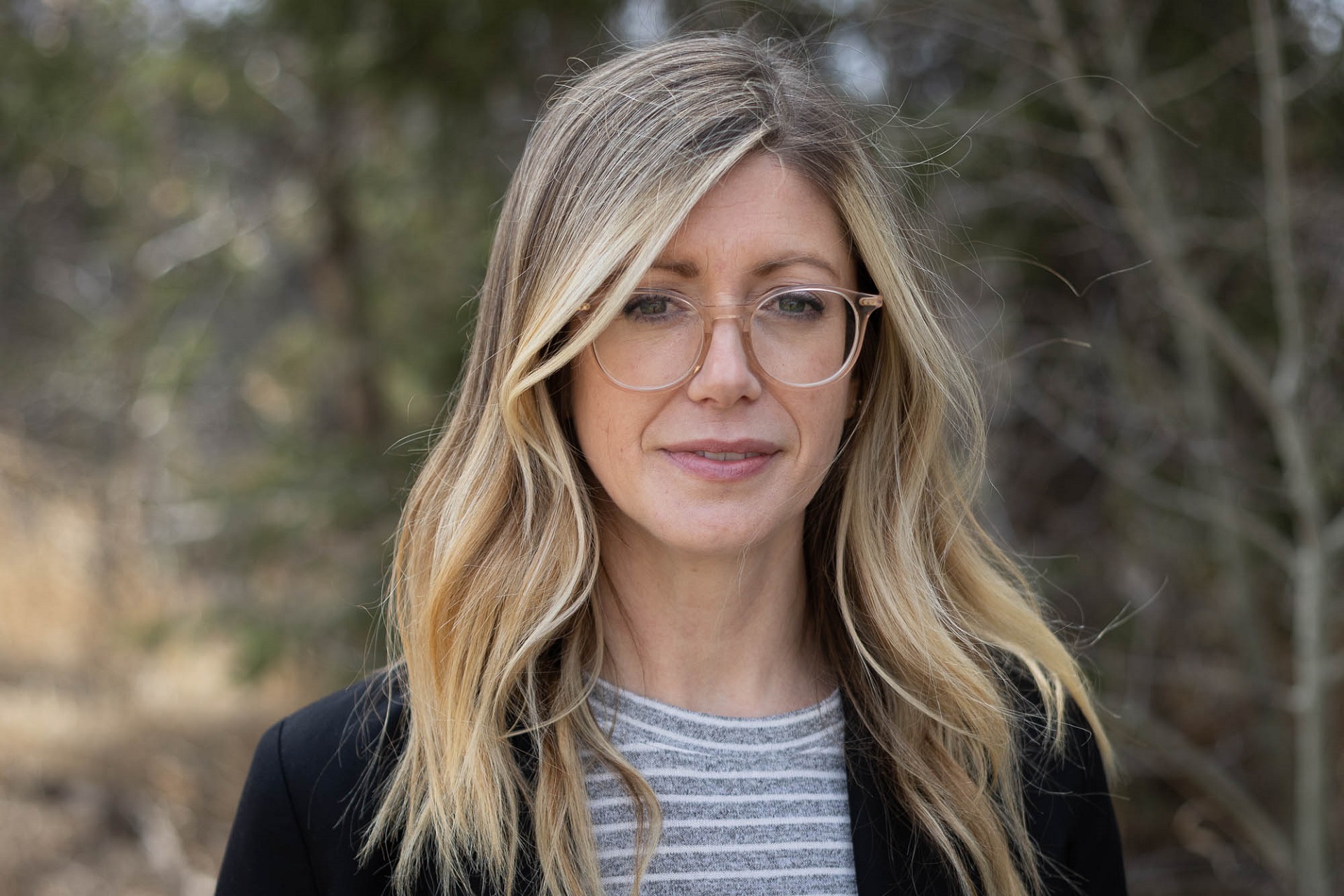I graduated from the Faculty of Nursing Master’s of Nursing program at the U of A in December 2022.
After working at the Royal Alexandra Hospital Neonatal Intensive Care Program (NICU) for over 10 years, I decided to return to the U of A to explore my passion for teaching. This experience changed the direction of my nursing career and my life.
I knew that graduate studies would help me cultivate the knowledge and skills I would need to be a nurse educator. I was surprised, however, by what my studies helped me to discover within myself. My education has equipped me with the confidence and determination to make a difference in the nursing profession and become an advocate for change. When I look back at my graduate experience, I see three things that prepared me for my new professional role.
Taking on the challenge
Throughout my program, I pushed myself to get out of my comfort zone and try new things. Although I was in the master’s teaching and learning stream, I was nervous to teach a class. I connected with professors I admired and asked if I could be their teaching assistant (TA). After co-TAing a first-year nursing class of 160 students, I felt like I could do anything. I went on to TA two graduate classes and recently received a U of A Graduate Student Teaching Award in recognition of the time and care I put into this new role.
The teaching skills I acquired from facing my fears helped me to become a planetary health educator and teach this important topic to nursing audiences across Canada. I used my capstone project to create planetary health learning modules for nurses, and I frequently present on planetary health for nursing courses and at conferences.
Teaming up
In the NICU, I worked alongside physicians, respiratory therapists and fellow nurses to provide high-quality patient care. Collaboration in clinical practice is key. By working in teams, nurses can learn from each other, share best practices and improve their own skills. It is the same in academia – nurses work best when they team up.
During my second year in the master’s program, I found a way to integrate my personal interest in the health impacts of climate change into my professional role. I knew I wanted to be a voice for change but didn’t know where to start. I collaborated with Laura Reifferscheid (PhD candidate), a like-minded friend I met in my first graduate course, and we made a plan to incorporate planetary health into nursing education at the U of A. We found that together we could navigate complex barriers to advance planetary health knowledge in nursing education.
Acting with courage
Courage is fundamental to nursing practice as nurses are required to make difficult decisions and take action to care for their patients, even when it is challenging or uncomfortable. My master’s education gave me the courage to advocate for planetary health, despite systemic barriers that thwart progress and prevent change. I found that my concern for the health of people and the planet was much larger than my own self-doubts. I knew I had to be brave and take decisive action to help build a healthier future for my patients and my children.
As a graduate nursing student, you will have the potential to be an influential leader in the nursing profession, shaping the future of healthcare and improving the lives of patients. You will have the knowledge, skills and passion to make a difference, and your education will prepare you to take on the challenges and opportunities of advanced nursing roles.
I encourage all students - no matter the program or career choice - to act with courage to make a difference in something that matters to you.

